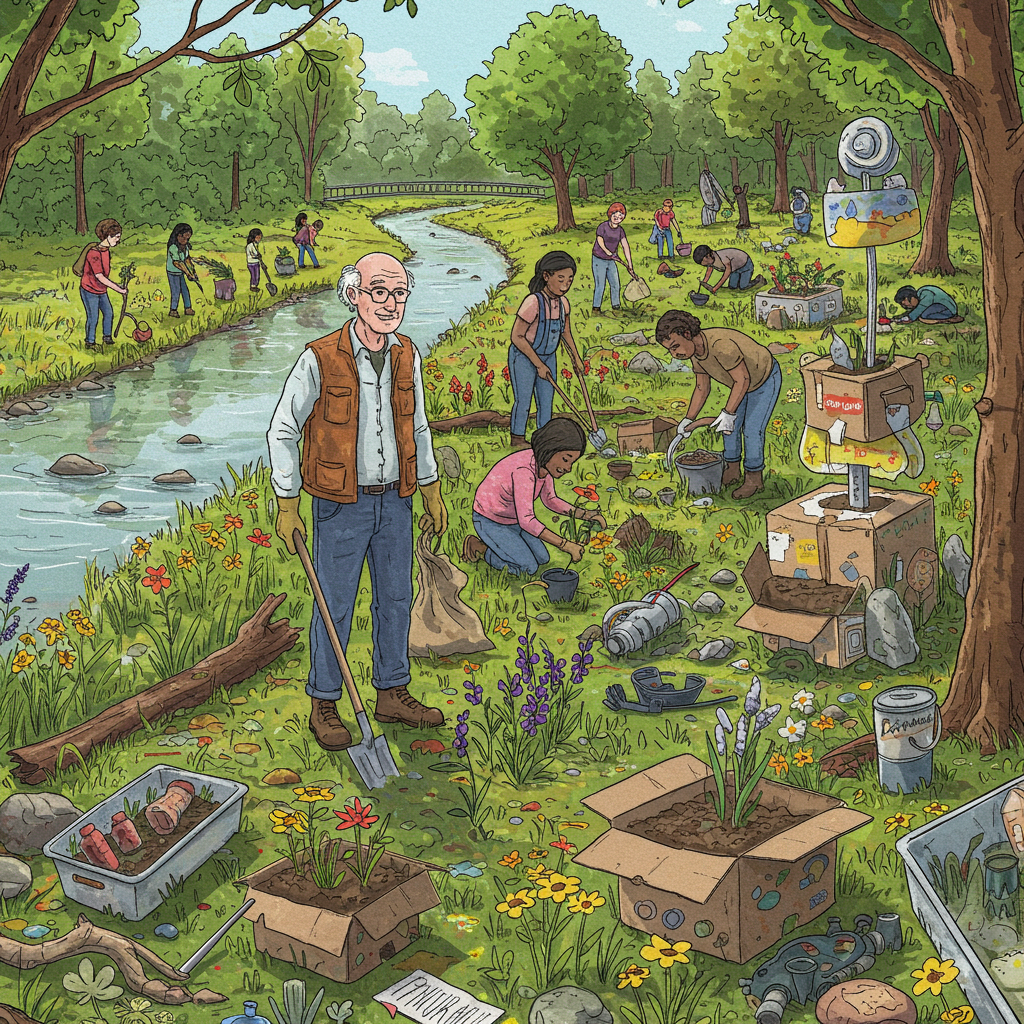Best Practice Guide

This guide is a practical set of steps and actions intended to support a nature-based project to engage with their community and work collaboratively with them in the design of the project.
Our comprehensive guide is fully digitised and open source.
why not explore a selection of place-based case studies which demonstrate best practice in community inclusion
If you need a paper / pdf copy of our guide? This is available courtesy of the lead authors, Deciding Matters
Community Inclusion Standard Best Practice Guide by Nature Finance Certification Alliance
thanks to leading authors Deciding Matters
is licensed under CC BY-SA 4.0
This guide was primarily authored by Deciding Matters, following a co-design process.
Full Acknowledgements
The following organisations shaped this Guide via a co-design process, providing insights and perspectives based on their own place-based community engagement:
- Anstruther Improvements Association
- Bioregioning Tayside
- City of Edinburgh Council
- CreditNature
- Dumfries and Galloway Council
- Future Forest Company
- Highlands Rewilding
- Nattergal
- Northwest 2045
- Perth and Kinross Countryside Trust
- Soil Association Charity
- Trees for Life
The following organisations contributed as project partners:
- British Standards Institute
- Deciding Matters
- Fife Coast and Countryside Trust
- Finance Earth
- Foundation Scotland
- Green Finance Institute
- James Hutton Institute
- Kana
- IUCN UK Peatland Programme’s Peatland Code
- Realise Earth
- Saltmarsh Code
- Scotland’s Rural College (SRUC)
- Scottish Land Commission
- Scottish Wildlife Trust
- Soil Association Certification Ltd
- UK Carbon Code of Conduct
- University of Strathclyde
- Wilder Carbon Standard for Nature and Climate
- Woodland Carbon Code
The following organisations provided feedback and advice via consultation:
- Bidwells
- Community Woodlands Association
- Fauna & Flora
- Federated Hermes
- Fisheries Management Scotland
- Leverhulme Centre for Nature Recovery
- Loch Lomond and Trossachs National Park
- National Parks Partnership
- NatureScot
- RSPB
- Scottish Forum on Natural Capital
- Scottish Government Private Investment in Natural Capital (PINC) Programme (including Community Benefits Advisory Group)
- Scottish Land and Estates
This project has been supported by The Facility for Investment Ready Nature in Scotland , delivered by NatureScot in collaboration with The Scottish Government and in partnership with the National Lottery Heritage Fund


